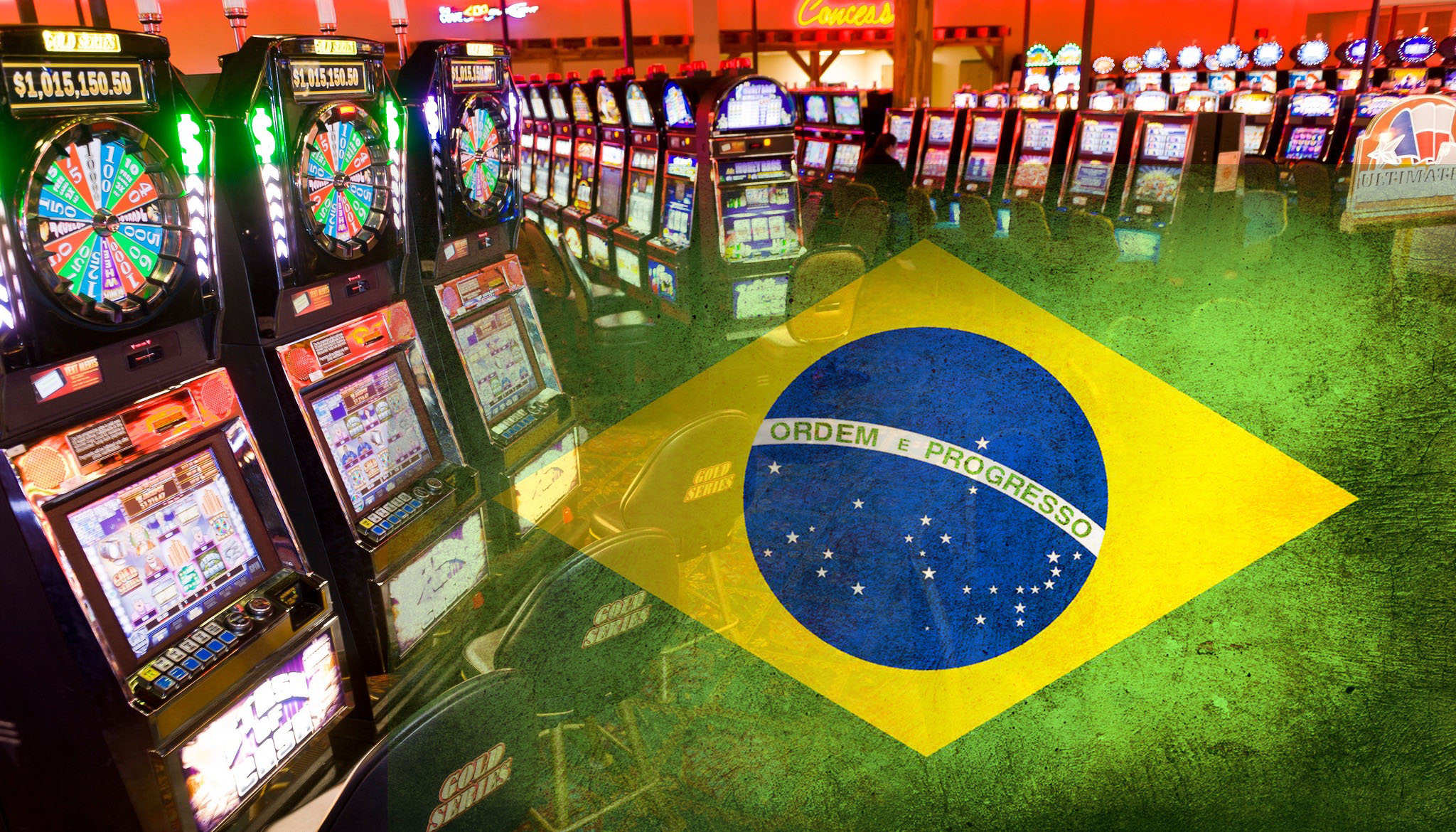The news that Lula De Silva will be the new leader of Brazil opens the door to many possibilities. De Silva represents the more progressive side of Brazilian politics than the current president.
One area that Brazilians and businesses will be watching with interest is whether his new government will finally be able to move forward with reforming gambling laws.
THE STORY SO FAR
In short, almost all forms of gambling have been illegal in Brazil since 1941.
However, several bills have made slow progress over the past two years through Brazil’s congress. If passed, these will pave the way for a legalized framework for casino gaming and sports betting, both in land-based facilities and online.

However, their implementation and signing into law faced back-to-back delays under former president Jair Bolsonaro, who made no secret of his opposition to the legalization of gambling within Brazil.
When De Silva officially takes office in January, there is reason to assume that he will not be slow to push through legal reforms, especially regarding online gambling, an activity that is already taking place daily thanks to dozens of casino platforms in internet targeting Brazilian players. .
TO FEEL THE SLEEPING CANADIANS
Around the world, there has been a general shift in attitudes in recent years and a willingness towards legal reform regarding gambling. This is as true in Brazil as it is in North America and Europe.
However, Brazilian lawmakers, particularly Lula De Silva, will have been paying close attention to events in Canada, particularly Ontario, over the past few months.
Like Brazil, Canada had a complete ban on online casino gaming and sports betting, and like Brazil, people in Canada nevertheless placed billions in bets each year on online casino sites.
You only need to visit GO, a casino review site, to see the number of casino brands out there.
Ontario took the pragmatic approach that its residents would gamble online if they chose, and so it would be best to provide them with licensed and approved casinos.
This meant better safety and security for the gambler and also provided welcome additional revenue for the province of Ontario.
In the first six months, more than 30 brands have been licensed, with Canadian players betting more than $10 billion, resulting in revenue of around $400 million.
That number is expected to double next year, and keep in mind that’s just in Ontario. It seems very likely that other provinces, such as Quebec, will follow a similar path sooner rather than later.
PERFECT TIME FOR REFORM
Politically and economically, this would be the ideal time for gambling reform. Online betting has never been more popular and de Silva has hinted at finding more ways to generate tax revenue.
Casinos and sports betting sites seem to be the obvious solution. However, the closeness of the runoff election shows that Bolsonaro still has a lot of influence and can throw more wrenches into the works.



